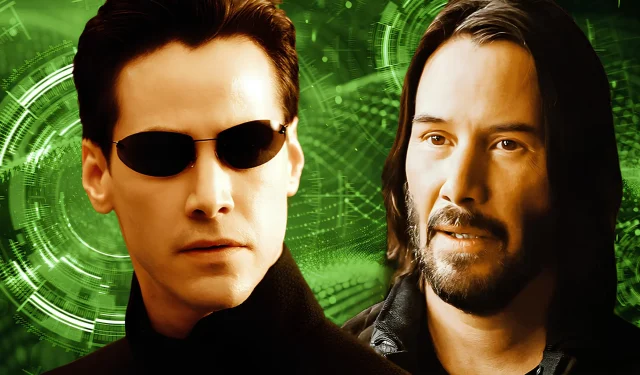
The The Matrix franchise, initiated with the iconic 1999 film, has often faced mixed reactions, especially regarding its sequels. Despite the divisive opinions, the original movie’s brilliance remains unmatched. Over the span of 25 years and four films, none of the sequels—namely The Matrix Reloaded, The Matrix Revolutions, and The Matrix Resurrections—have successfully recaptured the ground-breaking essence of the first installment. While it’s true that these sequels do not reach the same heights, they have been subjected to unfair criticism that undermines their contributions to the series. The original film stands as proof that the sequels bring more to the table than most detractors would suggest.
The intense scrutiny of the sequels often stems from the immense affection audiences hold for the original film. The Matrix created a rich, immersive universe that sparked unlimited possibilities for storytelling, making it nearly impossible for subsequent films to align perfectly with every fan’s vision of Neo’s (Keanu Reeves) journey. Nonetheless, the sequels manage to enrich the franchise in numerous ways, demonstrating that they are far from being failures.
The Matrix (1999): A Timeless Classic Unfazed by Its Sequels
The Sequels Do Not Diminish the Original’s Status
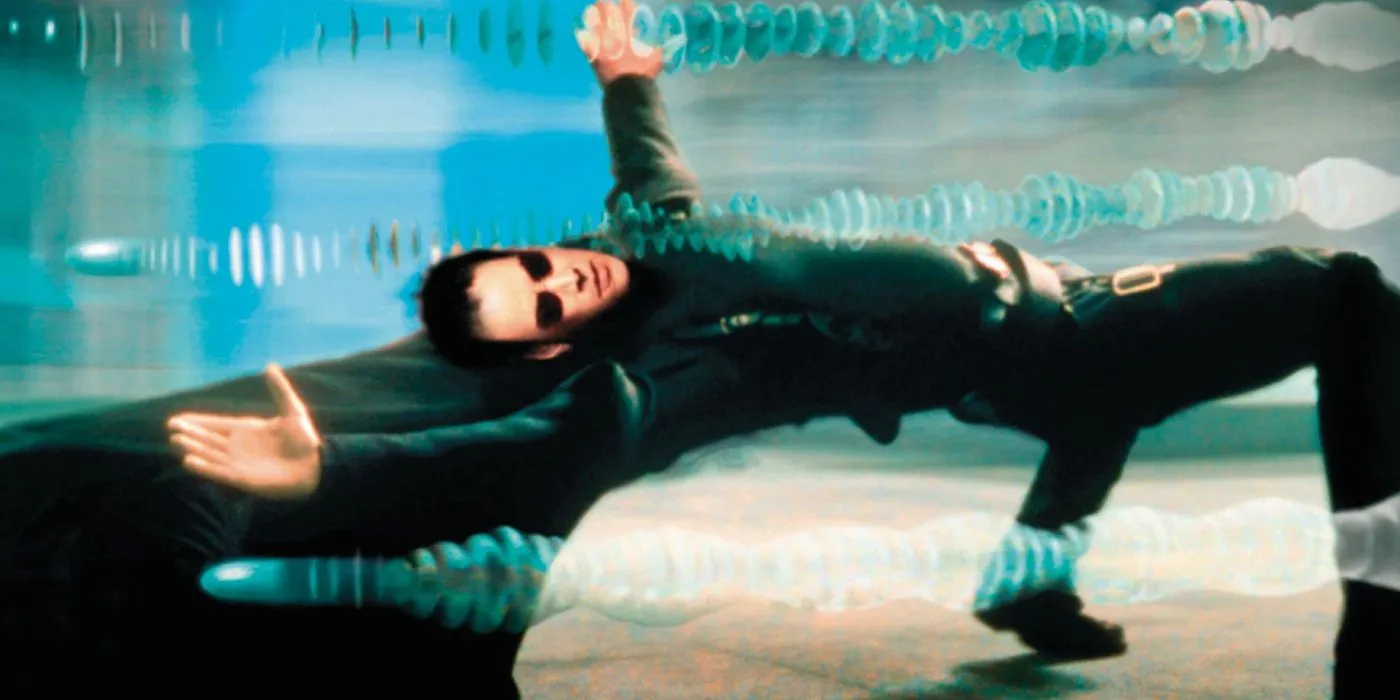
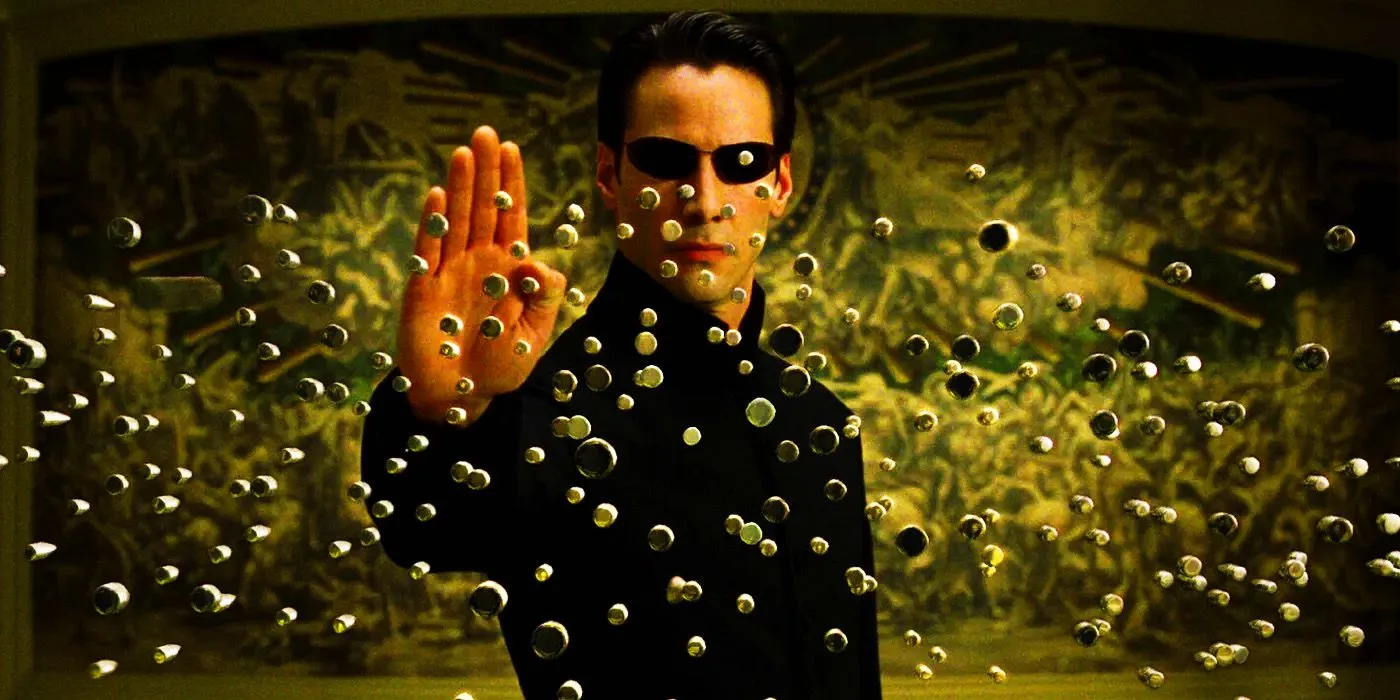
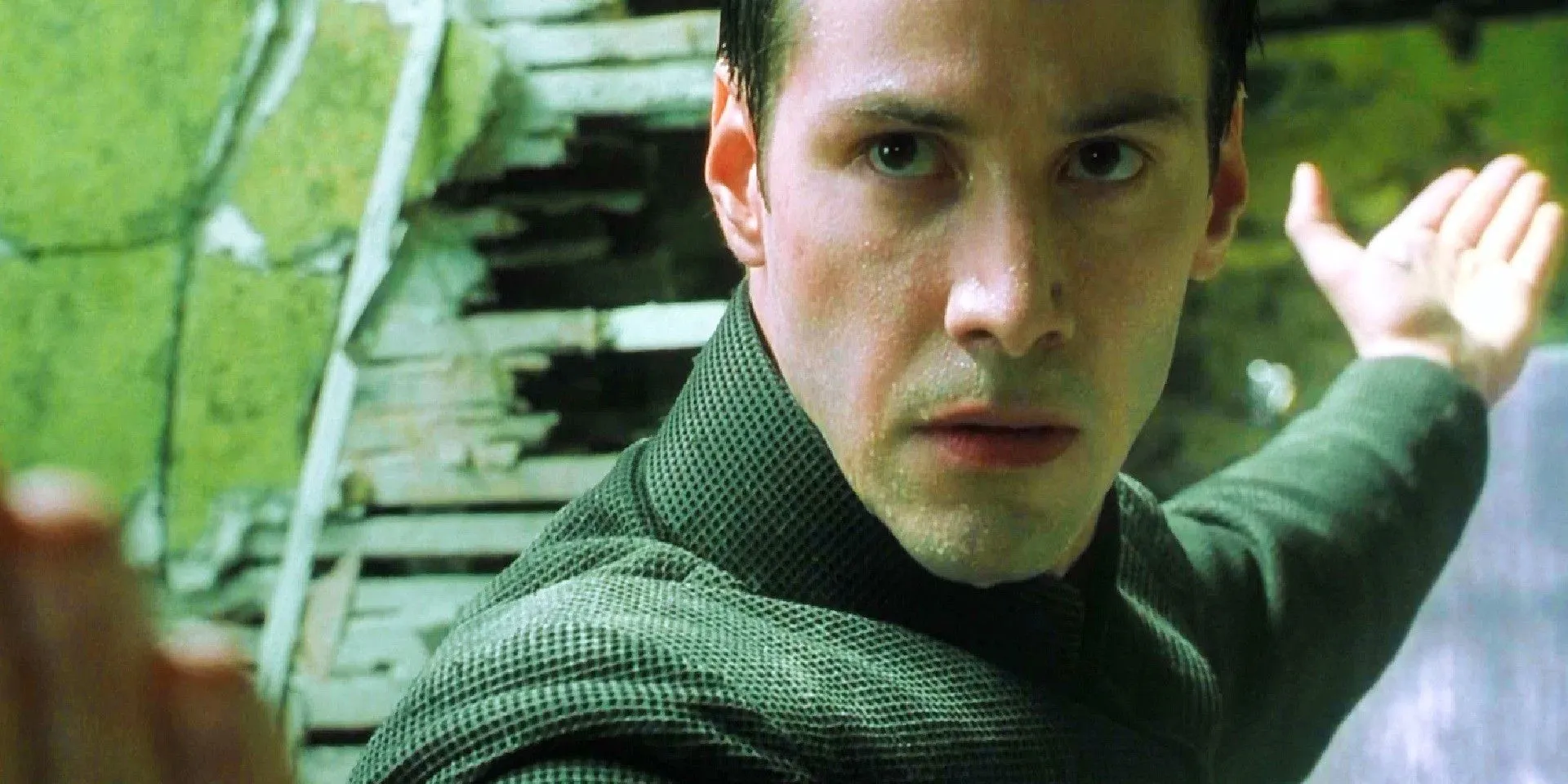
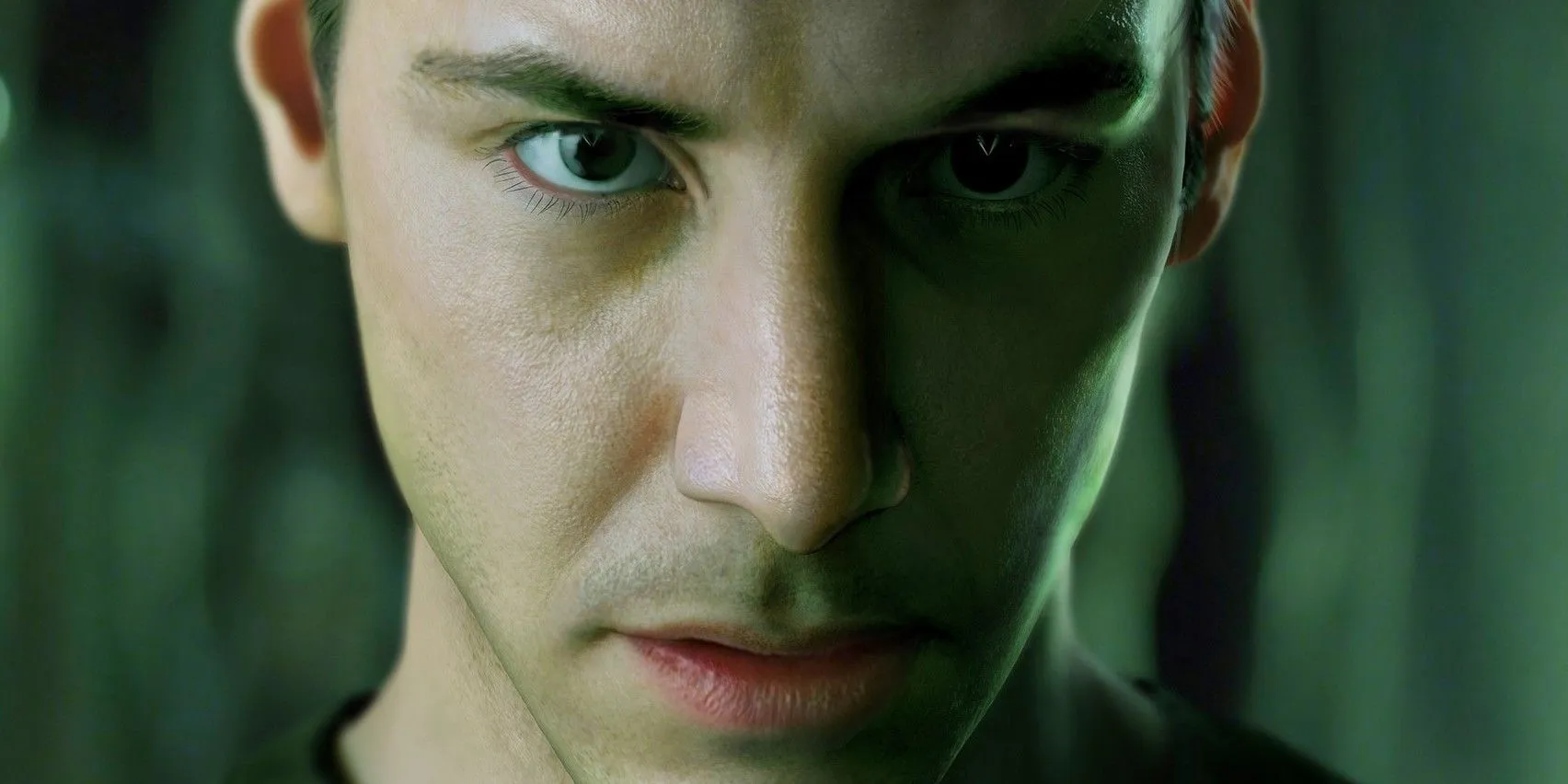
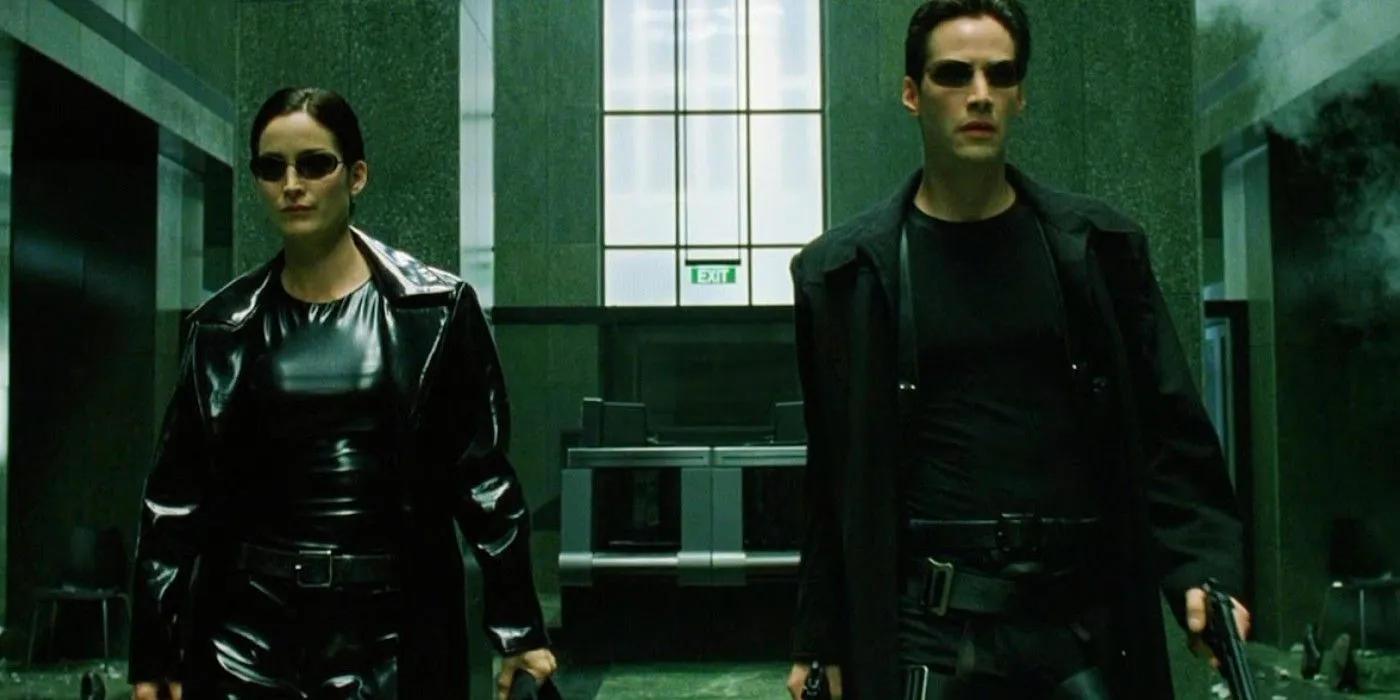
Despite claims that The Matrix Reloaded and The Matrix Revolutions tainted the franchise, the first film endures as a hallmark of cinema. Even after over two decades, it continues to be celebrated as one of the finest science fiction films. The Matrix boasts a legacy that stands unblemished, fundamentally because its sequels complemented rather than altered the original narrative. Just as The Godfather wasn’t diminished by its third installment, so too does The Matrix retain its integrity despite the subsequent films.
Understanding how Neo’s fate unfolds does not lessen the gravity of his initial journey. The Matrix remains a revolutionary film characterized by profound themes, regardless of the complexity introduced in later narratives. The sequels essentially act as supplementary exploration for those interested in delving deeper into the franchise’s universe. While not essential to grasp the core story, they enhance the experience for dedicated fans seeking further insight.
The Matrix Sequels: Unnecessary Yet Enriching
A Philosophical Exploration in Science Fiction
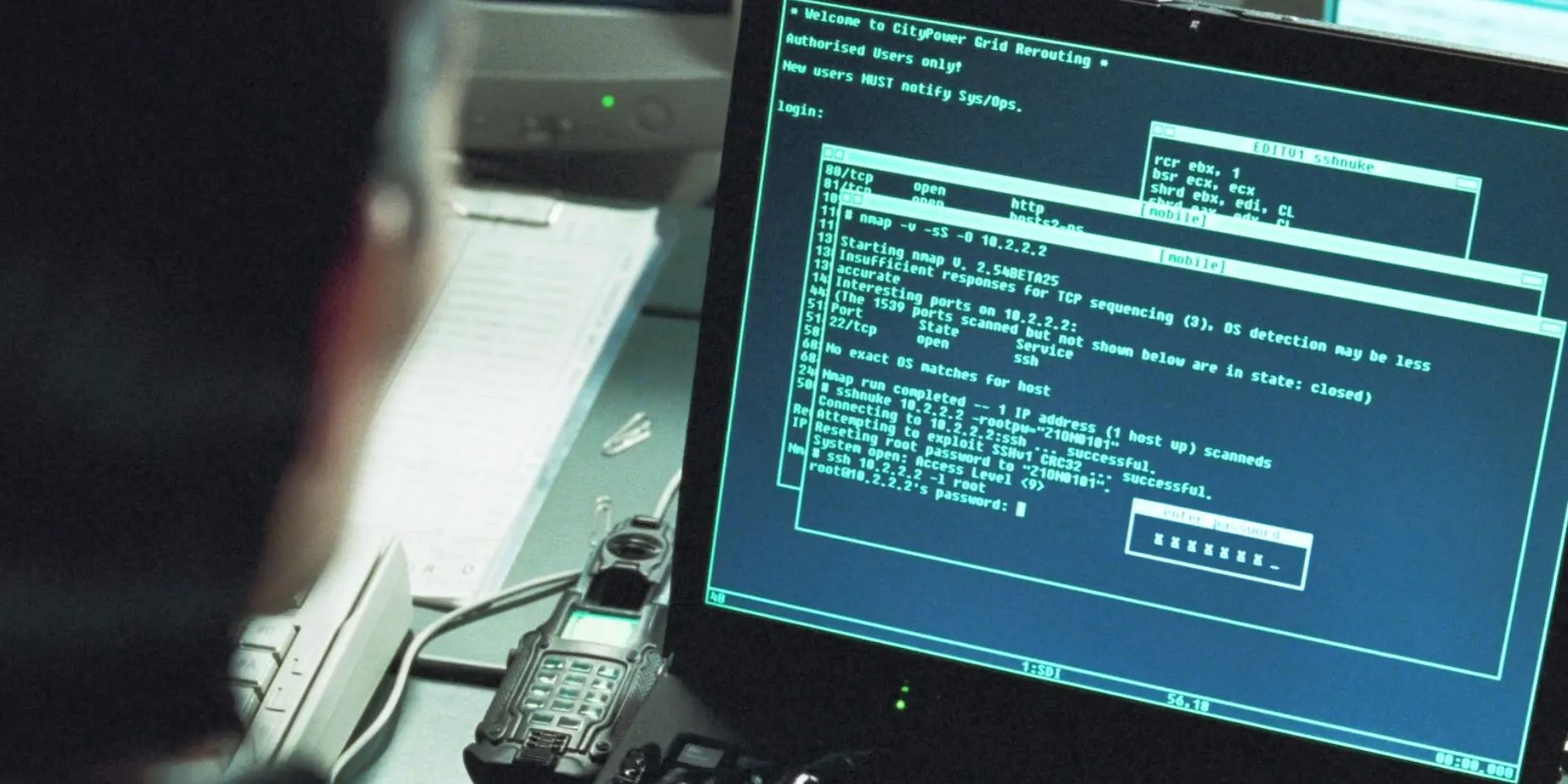
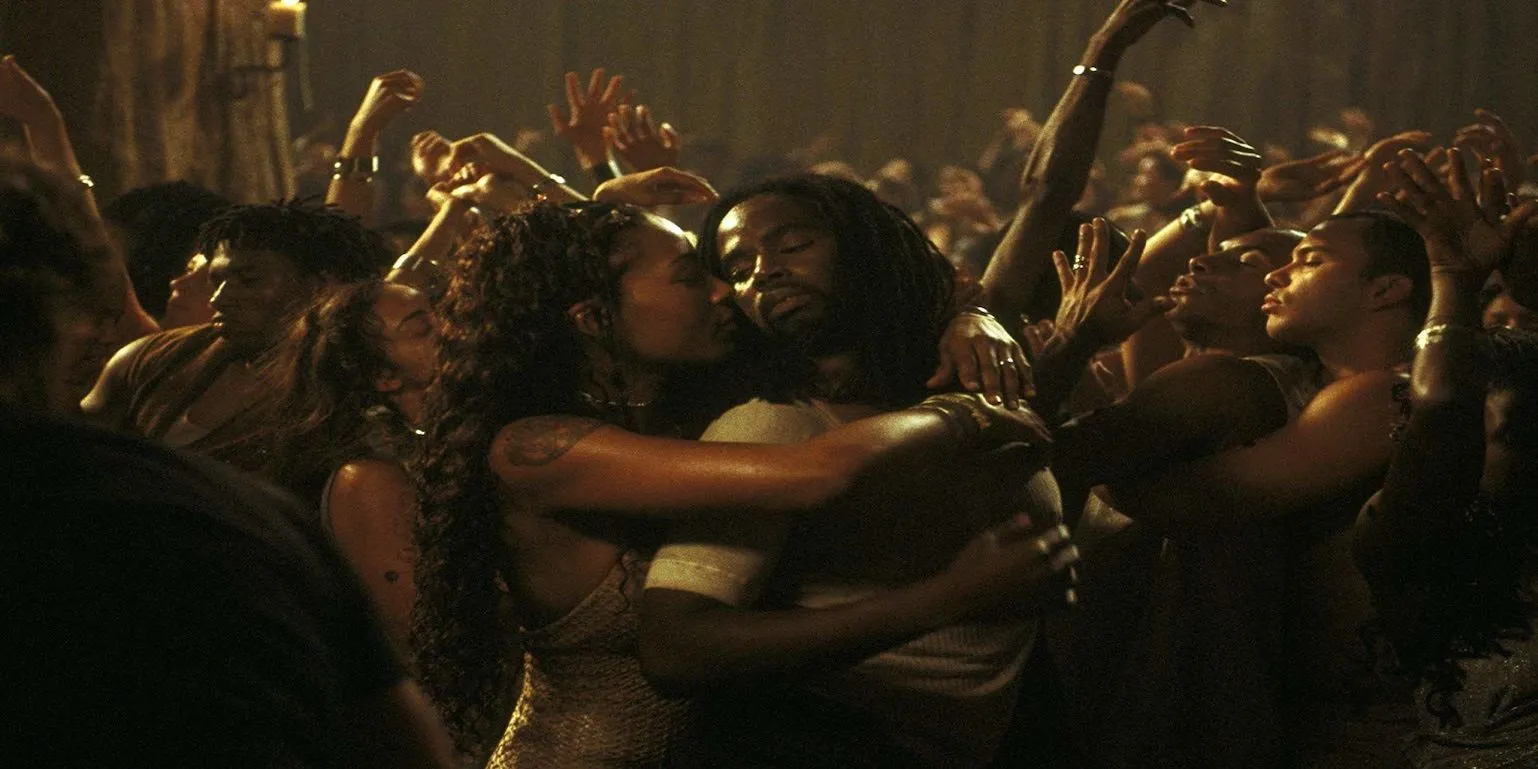
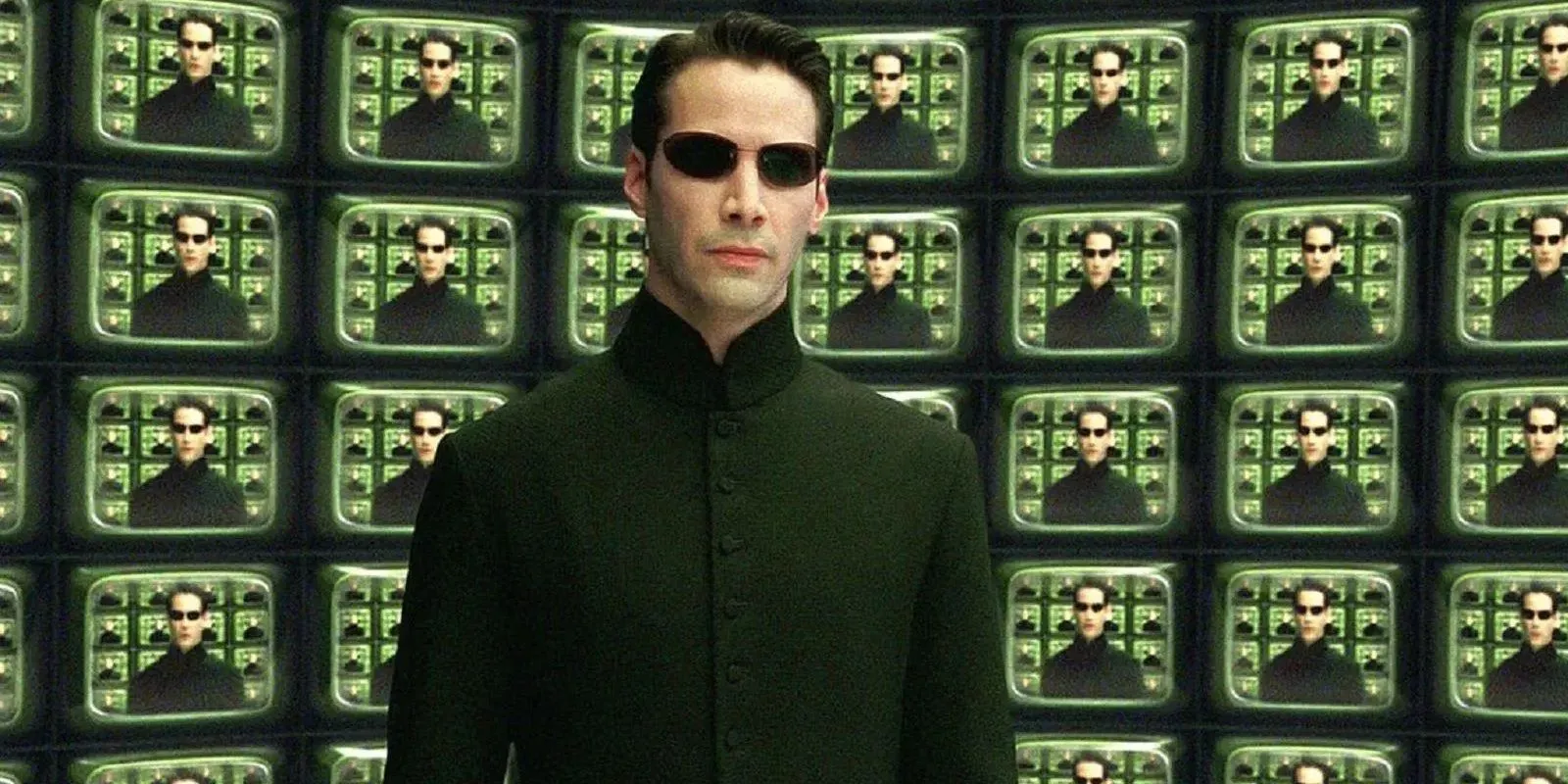

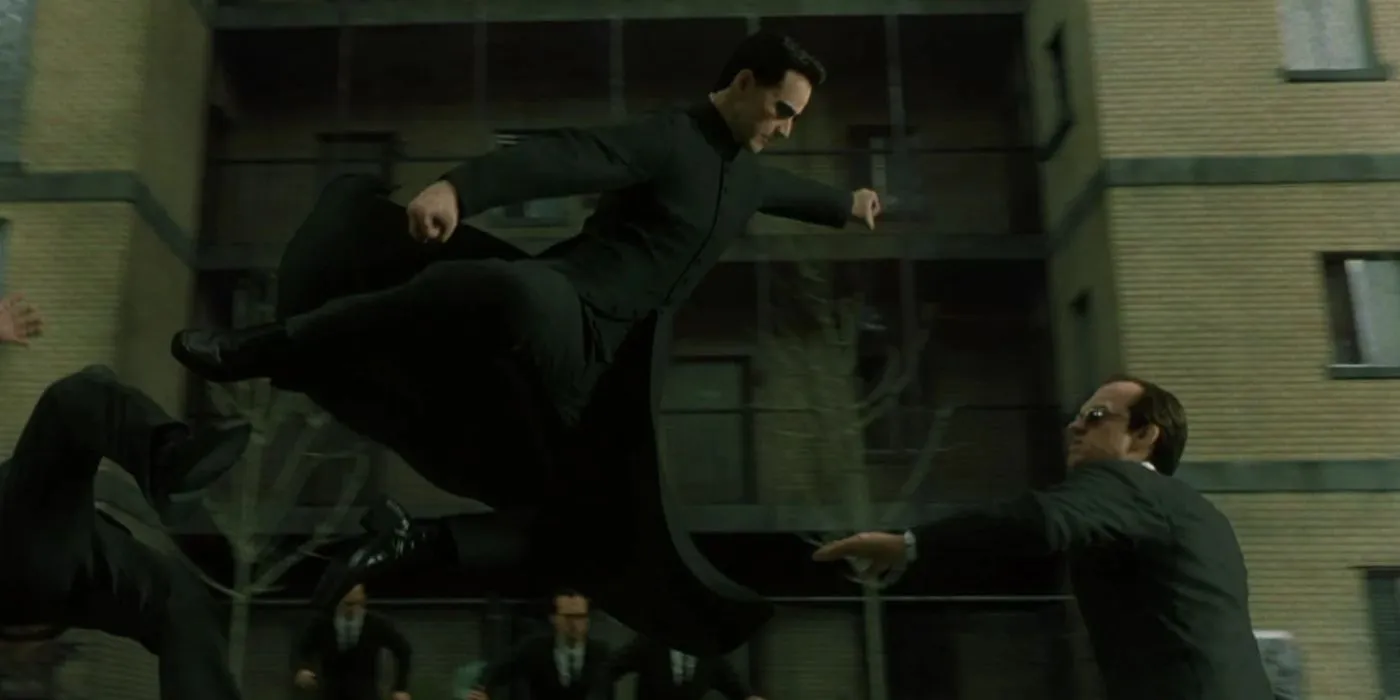
The sequels to The Matrix may not have been strictly necessary, yet they significantly solidified the franchise’s status within the science fiction realm. While there are polarized opinions on the sequels’ execution of the complex themes introduced in the original, their efforts to advance conversations around free will and choice highlight their importance. Notably, The Matrix Reloaded expanded upon these themes, while The Matrix Revolutions delved into the intricacies of the machines, raising new existential questions about Neo’s role as a savior.
These sequels ensured the franchise remained relevant and embedded in popular culture for nearly twenty years, contributing both compelling elements and moments that may not have resonated as well.
Perhaps the sequels’ most significant challenge was their emphasis on the more cerebral aspects of the narrative, but this focus transformed The Matrix into a staple of science fiction discourse. Discussions surrounding the themes and ethical dilemmas posed by the franchise have persisted for decades, suggesting that without the sequels, the conversation could have faded much earlier in history.
Iconic Moments from Reloaded & Revolutions
Memorable Contributions to the Franchise Legacy
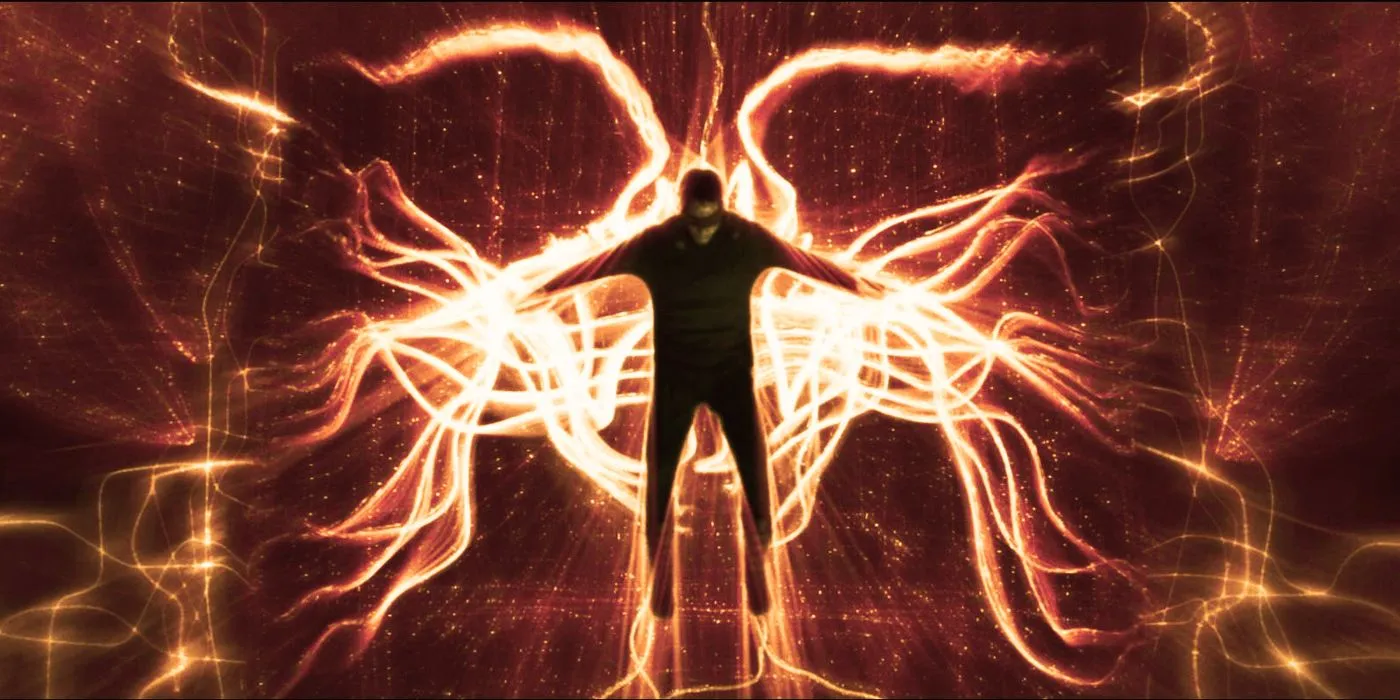
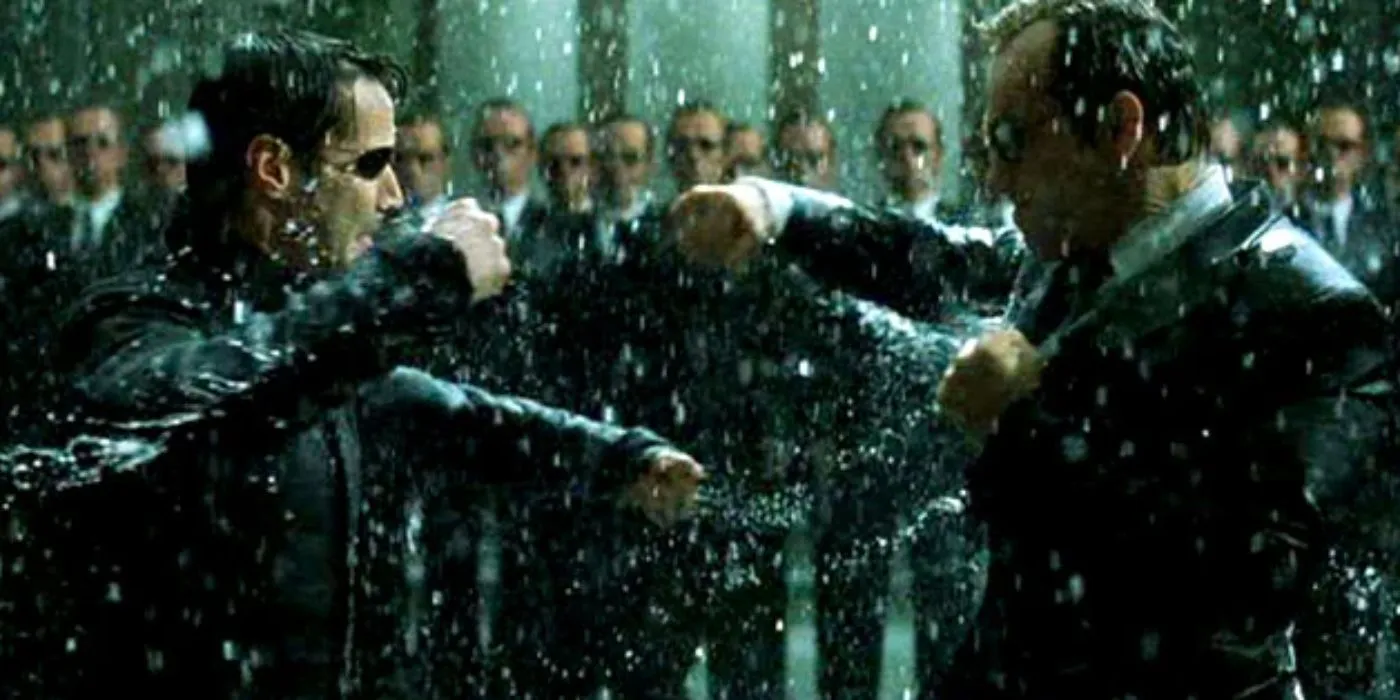
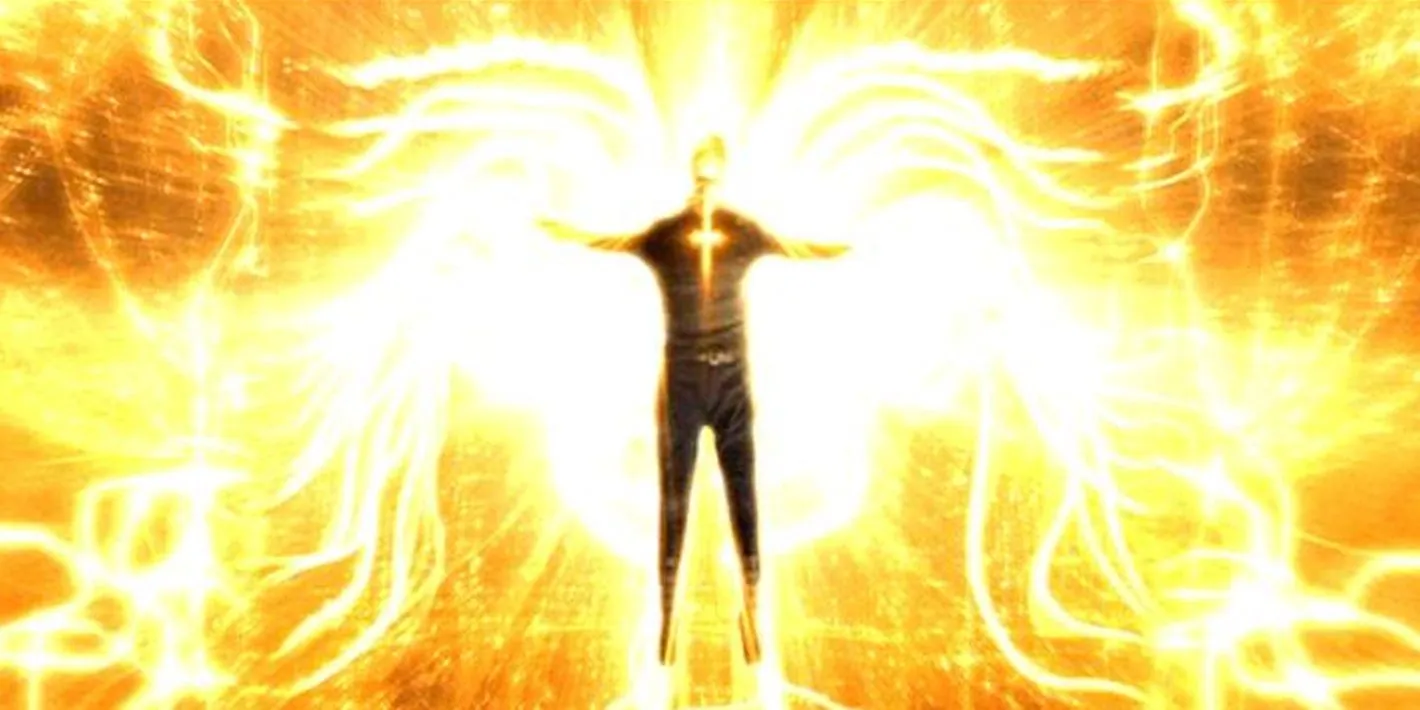

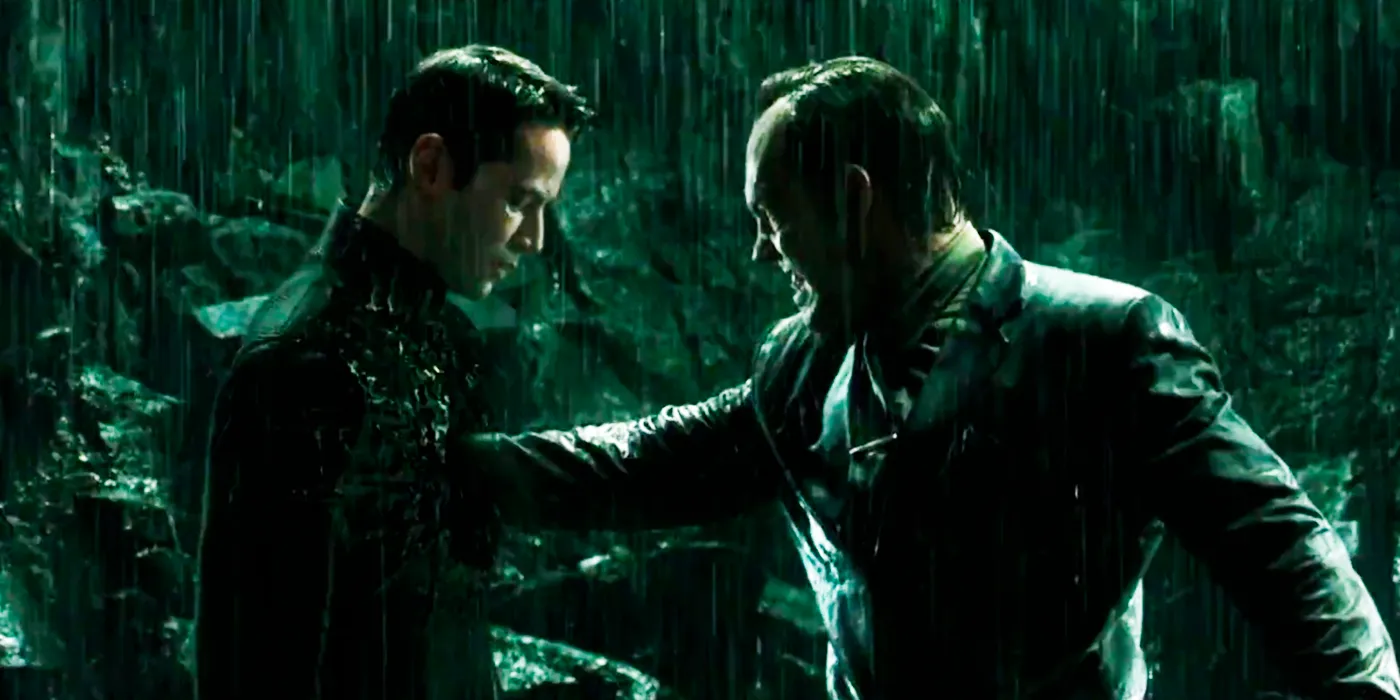
A key factor in cementing The Matrix‘s legacy lies in its memorable scenes from the sequels. Even among audiences who may have reservations about Reloaded and Revolutions, many acknowledge the existence of iconic moments within these films. Notably, the climactic battles between Neo and Agent Smith, particularly the “super-burly brawl”in the rain during The Matrix Revolutions, are often celebrated as highlights of the series. Furthermore, the high-octane truck chase featuring Morpheus and Trinity in The Matrix Reloaded has become a benchmark for stunt work in sci-fi cinema.
|
Matrix Franchise Filmography |
||
|---|---|---|
| Title | Release Date | Rotten Tomatoes Score |
| The Matrix | 1999 | 83% |
| The Matrix Reloaded | 2003 | 74% |
| The Matrix Revolutions | 2003 | 33% |
| The Matrix Resurrections | 2021 | 63% |
Although the sequels may not uniformly match the excellence of the original The Matrix, their notable sequences affirm that they hold merit within the franchise. Certainly, there were missteps—such as the lengthy Architect’s exposition in Reloaded and Trinity’s ultimate fate in Revolutions—but these issues do not define the films entirely. The standout scenes throughout the sequels illustrate that they possessed valuable contributions to the franchise, marking them as worthy extensions, despite their shortcomings.
The Uncertain Legacy of The Matrix Resurrections
The Future Perspective on Resurrections Remains to be Seen
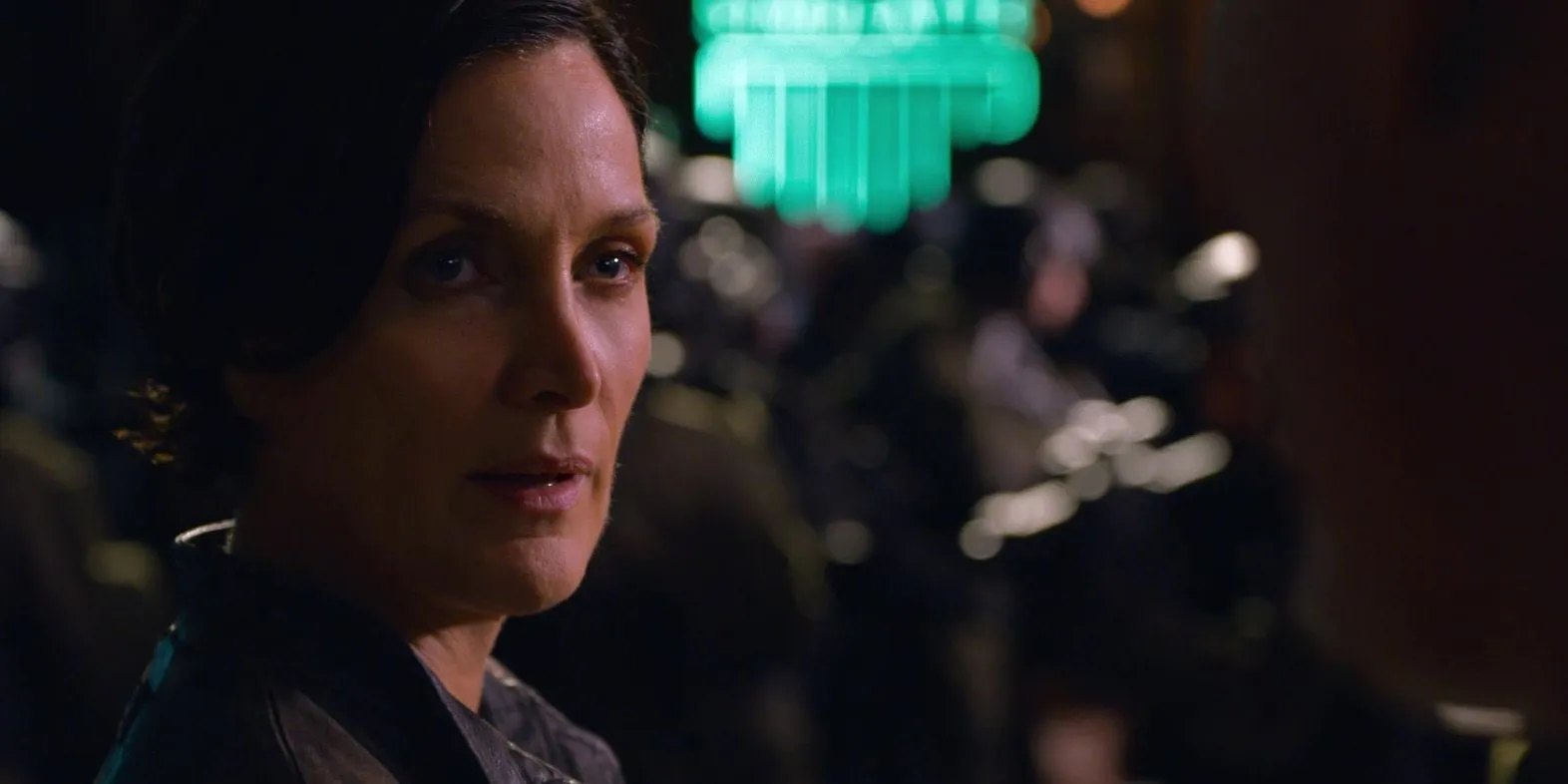
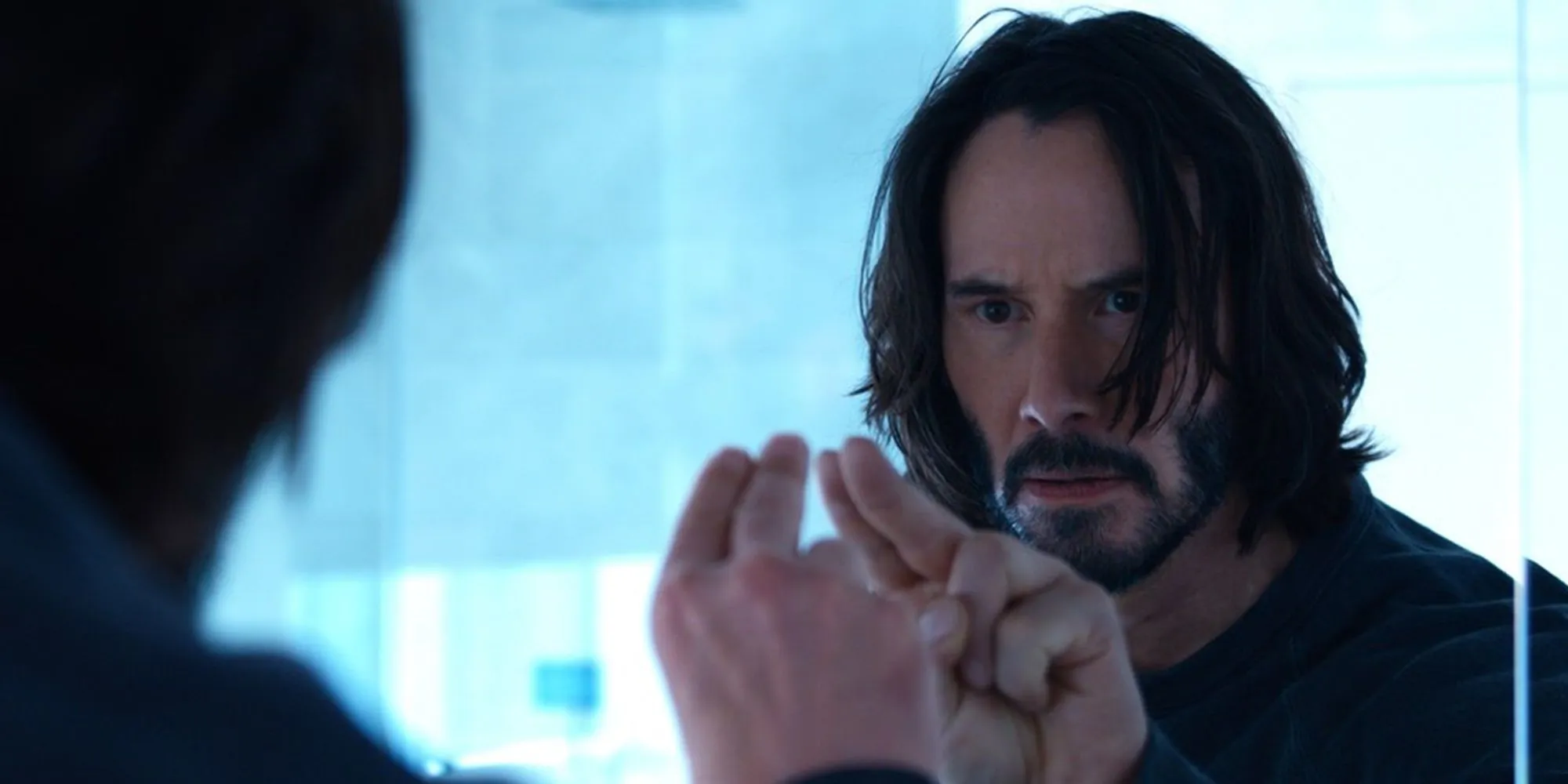



The latest addition to the franchise, The Matrix Resurrections, presents a unique challenge regarding its reception. Released in 2021, it is still too early to determine its lasting position within the series. Part of the complication in assessing Resurrections arises from its reliance on the original film. It introduces novel elements, from enhanced special effects to a deeper focus on the romantic bond between Neo and Trinity, yet heavily leans on the narrative groundwork laid by The Matrix.
Unlike earlier sequels, which faced backlash for diverging from the original, the chance for Resurrections to be perceived more favorably lies in its refreshed take on familiar themes. Critics’ responses have been decidedly lukewarm, although it is possible that its self-referential tone and commentary on legacy sequels will gain significance as time passes. The reception of The Matrix 5 will also influence the outlook of Resurrections, offering an opportunity to explore either a continuation of established themes or a fresh direction entirely.




Leave a Reply